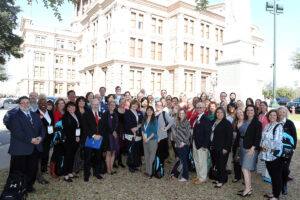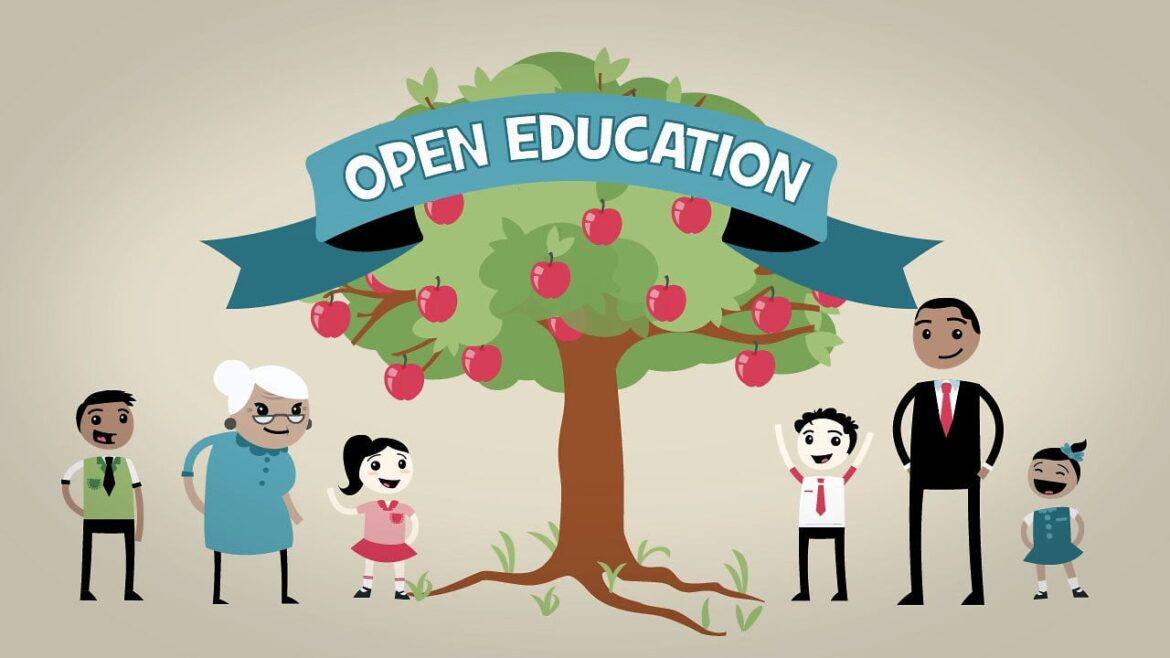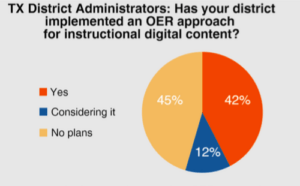This week, we get an update on broadband, online assessment, and more happening at the Texas Legislature, courtesy of TCEA’s own Director of Governmental Relations, Jennifer Bergland.
The Texas Legislature Online Tool
Extra credit
Check out the 2021 Elementary Technology Conference.
Send your questions and ideas about future episodes to podcast@tcea.org.
Facebook: facebook.com/tcea.org/
Twitter: @TCEA
Instagram: tcea_org
Pinterest: tceaorg
Music by Kwon



 We had some huge wins in the area of computer science and computational thinking this session. Our six-year goal of providing weighted funding for the 9-12 Technology Application courses has finally been achieved. In HB 3, the school finance legislation, the weighted funding for CTE was changed from grades nine through twelve to grades seven through twelve. In addition, the
We had some huge wins in the area of computer science and computational thinking this session. Our six-year goal of providing weighted funding for the 9-12 Technology Application courses has finally been achieved. In HB 3, the school finance legislation, the weighted funding for CTE was changed from grades nine through twelve to grades seven through twelve. In addition, the  There are two pieces of legislation that are going to impact educational broadband. The first is HB 1960 which creates a Governor’s Broadband Council that will advise the governor on issues related to broadband access to unserved areas. This is progress, but not as much as we hoped for. There are few, if any, areas of Texas that are unserved. The original bill included underserved areas, but heavy lobbying by the large telecommunication companies eliminated that language from the bill. However, we consider this progress because we finally have some entity at the state level that will look at the state’s needs for broadband from a strategic perspective. For too long, all state entities have tried to provide affordable, scalable broadband for their own purposes when it would be much more cost efficient to survey the needs across agencies and entities and design a plan to meet all the needs. HB 1960 at least establishes a council that could do this in the future, if given the authority.
There are two pieces of legislation that are going to impact educational broadband. The first is HB 1960 which creates a Governor’s Broadband Council that will advise the governor on issues related to broadband access to unserved areas. This is progress, but not as much as we hoped for. There are few, if any, areas of Texas that are unserved. The original bill included underserved areas, but heavy lobbying by the large telecommunication companies eliminated that language from the bill. However, we consider this progress because we finally have some entity at the state level that will look at the state’s needs for broadband from a strategic perspective. For too long, all state entities have tried to provide affordable, scalable broadband for their own purposes when it would be much more cost efficient to survey the needs across agencies and entities and design a plan to meet all the needs. HB 1960 at least establishes a council that could do this in the future, if given the authority. 
 There are several opportunities in the bills mentioned above that will provide professional development in digital learning. The Blended Learning Grants are largely designed to provide professional development for educators in blended learning, not to mention the funding provided to UTeach to continue to provide this type of training to Texas teachers. Also, this is a good chance to remind districts that the TIMA may be used to provide professional development on the use of technology. In addition to these bills, the legislature passed HB 2424 that requires the SBEC to establish rules to create microcredentials in fields of study related to an educator certification class. This was one of TCEA’s legislative priorities, so we are excited to see this bill pass.
There are several opportunities in the bills mentioned above that will provide professional development in digital learning. The Blended Learning Grants are largely designed to provide professional development for educators in blended learning, not to mention the funding provided to UTeach to continue to provide this type of training to Texas teachers. Also, this is a good chance to remind districts that the TIMA may be used to provide professional development on the use of technology. In addition to these bills, the legislature passed HB 2424 that requires the SBEC to establish rules to create microcredentials in fields of study related to an educator certification class. This was one of TCEA’s legislative priorities, so we are excited to see this bill pass. 
 legislative session and TCEA was working for you. In most instances, all of our hard work in gaining support for our issues came down to the last weekend in May. Most legislation fails to pass largely because there is not enough time for the bills to get passed. The Texas Legislature only meets every other year, and for only 140 days. Our forefathers purposely made it difficult to pass a bill for fear that the government might grow and have too much power. Out of the 6,631 bills that were filed, only 1,089 passed and became law. Fortunately, eight of those bills were supported by TCEA for the benefit of our members.
legislative session and TCEA was working for you. In most instances, all of our hard work in gaining support for our issues came down to the last weekend in May. Most legislation fails to pass largely because there is not enough time for the bills to get passed. The Texas Legislature only meets every other year, and for only 140 days. Our forefathers purposely made it difficult to pass a bill for fear that the government might grow and have too much power. Out of the 6,631 bills that were filed, only 1,089 passed and became law. Fortunately, eight of those bills were supported by TCEA for the benefit of our members.  learning process is one of TCEA’s strategic goals. Judging by what legislation was passed, we feel good about the progress we made this session. The efforts that many of our officers and members made to email, call, or come to the Texas Capitol to testify or visit their state legislator played a critical role in getting the bills passed. Never underestimate your influence on your elected officials. Thank you for all your hard work, and keep it up!
learning process is one of TCEA’s strategic goals. Judging by what legislation was passed, we feel good about the progress we made this session. The efforts that many of our officers and members made to email, call, or come to the Texas Capitol to testify or visit their state legislator played a critical role in getting the bills passed. Never underestimate your influence on your elected officials. Thank you for all your hard work, and keep it up! 

 In addition, the state budget for the next two years includes $20 million for the state to arrange for an outside entity to produce open educational resources for the state’s use. It is expected that TEA will begin with instructional materials that meet the specifications for the English Language Arts adoption that will be implemented in the 2019-2020 school year. This would give districts the ability to use high-quality OER materials for this adoption, which has the potential to save them money.
In addition, the state budget for the next two years includes $20 million for the state to arrange for an outside entity to produce open educational resources for the state’s use. It is expected that TEA will begin with instructional materials that meet the specifications for the English Language Arts adoption that will be implemented in the 2019-2020 school year. This would give districts the ability to use high-quality OER materials for this adoption, which has the potential to save them money. 